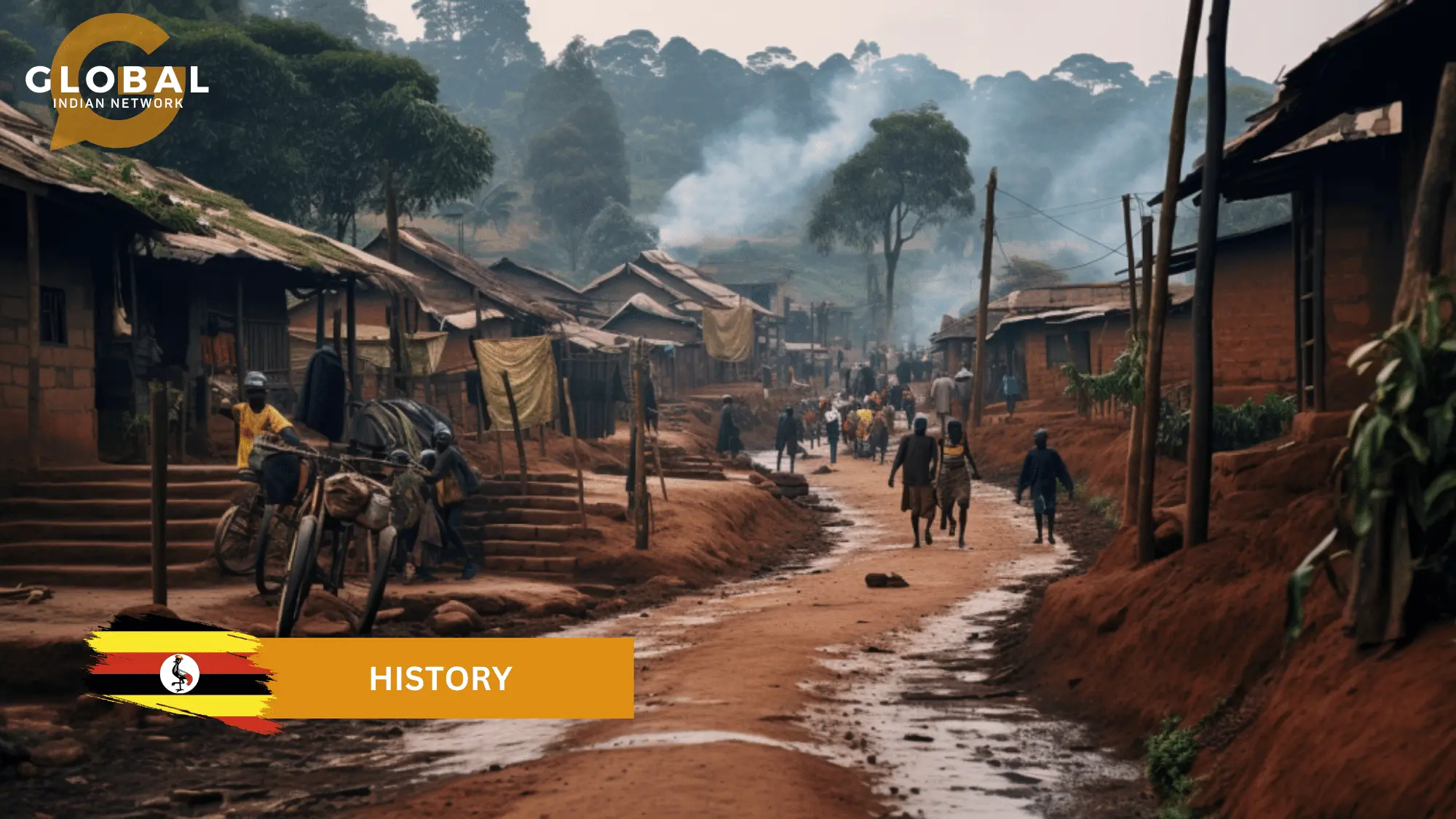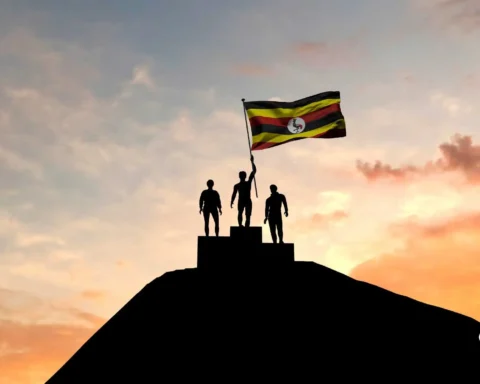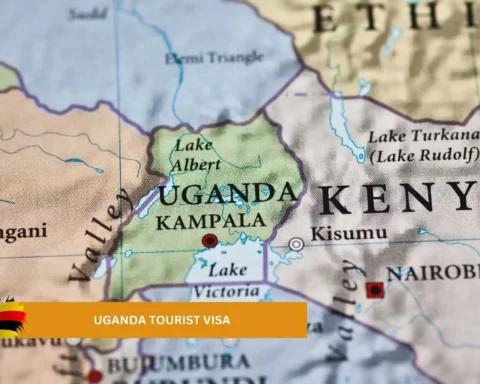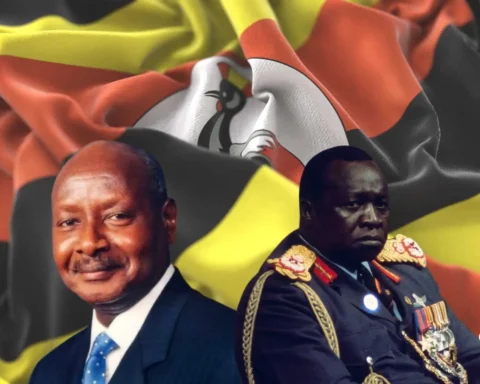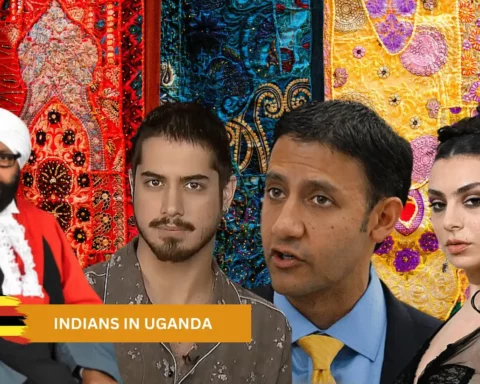Uganda, nestled in the heart of Sub-Saharan Africa, boasts a rich and complex political history of Uganda. From colonial rule under the British government to the establishment of its government, the country has witnessed significant political transformations. This article delves into the key milestones, elections, politics, and the evolution of the constitution in Uganda, shedding light on the prominent figure of Yoweri Kaguta Museveni, who has played a central role in shaping the nation's political landscape.
Table of Contents
Colonial Era: The British Influence
Uganda's political history finds its roots in the colonial era, marked by the British government's assertion of dominion over the region. This period laid the foundation for Uganda's political landscape, shaping its governance structures and power dynamics under foreign rule. The influence of British colonialism left an indelible mark on the nation, setting the stage for subsequent political developments and transitions as Uganda journeyed toward independence and self-governance.
Impact on Ugandan Politics
The British government's presence in Uganda greatly influenced its politics. They introduced a system of indirect rule, relying on local chiefs to govern on their behalf. This approach had a lasting impact on the power dynamics within Ugandan society, setting the stage for future political developments.
Independence and Early Politics
In 1962, Uganda's journey to independence marked a momentous milestone in the nation's history. This pivotal event signalled the birth of a sovereign state in the heart of Sub-Saharan Africa, with the Ugandan government assuming control in close proximity to the shores of Lake Victoria. This transition to self-governance heralded a new era for the nation, setting the stage for its evolving political landscape and the emergence of prominent leaders who would play vital roles in shaping Uganda's future.
Birth of a Nation
In 1962, Uganda finally gained independence from British colonial rule. This marked a significant turning point in the nation's political history as it transitioned to self-governance. Sir Edward Mutesa II became Uganda's first president, while Milton Obote became the first prime minister.
Emergence of the Prime Minister
The role of the prime minister held considerable political influence during this period. Obote, the inaugural prime minister, played a pivotal role in shaping Uganda's early post-independence politics, although his tenure was not without controversy.
Yoweri Museveni: A Political Journey
Yoweri Kaguta Museveni's political journey underwent a significant transformation with the commencement of a guerrilla war in 1981. This dramatic shift in his political trajectory culminated in his successful bid to seize power in 1986, marking the beginning of his enduring presidency in Uganda. This pivotal period in Museveni's career shaped not only his political destiny but also profoundly impacted the course of Ugandan history, influencing its politics and governance for decades to come.
Early Life and Education
Yoweri Kaguta Museveni, a central figure in Uganda's modern political history, was born in 1944 near Lake Victoria. He received his education in Uganda and abroad, studying at the University of Dar es Salaam in Tanzania
The Guerrilla War and Rise to Power
Museveni's political journey took a dramatic turn with the launch of a guerrilla war in 1981. This insurgency, led by Museveni and his National Resistance Army (NRA), eventually toppled the Obote government and brought him to power in 1986. A long tenure and a series of elections have since marked his presidency.
Elections in Uganda
The electoral process in Uganda has frequently been overshadowed by controversies, with allegations of rigging and voter intimidation casting a shadow over the electoral process. The 2021 general election, in particular, served as a stark reminder of these ongoing challenges, as it witnessed significant disputes and accusations surrounding the fairness and transparency of the elections. These controversies underscore the persistent hurdles faced in ensuring that elections in Uganda are conducted with the principles of freedom and fairness, presenting an ongoing concern for the country's political landscape and its commitment to democratic governance.
Introduction to Uganda's Electoral System
Uganda has held several elections since gaining independence, marking crucial milestones in its political history. However, the electoral process has often been marred by controversy, including allegations of rigging and voter intimidation.
Election Controversies
Elections in Uganda have frequently been a source of tension and dispute. The 2021 general election, in which Museveni secured another term, was met with allegations of irregularities and restrictions on opposition candidates. These controversies highlight the challenges faced in conducting free and fair elections.
The Ugandan Constitution
The Ugandan Constitution has encountered a multitude of amendments and encountered various challenges throughout its history. One of the most contentious moments was the removal of presidential term limits in 2005. This move ignited intense debates and raised profound concerns about the concentration of power within Uganda's political sphere. This pivotal constitutional change prompted widespread discussions about the balance of power, democratic governance, and the long-term implications for the nation's political landscape. It serves as a poignant example of the intricate relationship between constitutional reforms and the evolving dynamics of political authority in Uganda.
Historical Background
Uganda's constitution has undergone several revisions since independence. The initial constitution of 1962 was replaced in 1967 when Obote declared himself president and abolished the monarchy. Subsequent constitutions were adopted in 1995 and 2005, reflecting changes in the political landscape.
Amendments and Challenges
The Ugandan constitution has faced its share of amendments and challenges. One significant change was the removal of presidential term limits in 2005, allowing Museveni to continue his presidency. This move sparked debate and raised concerns about the consolidation of power.
Conclusion
In conclusion, the political history of Uganda has been a dynamic journey, marked by colonial rule, independence, the emergence of key political figures like Yoweri Museveni, elections, and constitutional changes. As the nation grapples with its political challenges, it remains essential to understand the historical context that has shaped Uganda's political landscape. The legacy of its past continues to influence the present, making the political history of Uganda a vital subject of study and reflection.
FAQs
What is the brief history of Uganda?
The brief history of Uganda includes a period of British colonial rule, followed by its independence in 1962, with Milton Obote as the first Prime Minister and Sir Edward Mutesa II as the first President.
Who was the first President of Uganda?
The first President of Uganda was Sir Edward Mutesa II, who served from 1963 to 1966. However, it's important to note that the role of the President was largely ceremonial during his time in office.
What is the political situation in Uganda?
Uganda was under the presidency of Yoweri Museveni. The political situation in Uganda has been characterised by Museveni's long-standing rule, which began in 1986 and continued through multiple elections.
What major historical event happened in Uganda?
One major historical event in Uganda is the guerrilla war led by Yoweri Museveni and his National Resistance Army (NRA). This conflict culminated in the capture of Kampala in 1986, leading to Museveni's rise to power and the establishment of his presidency.




